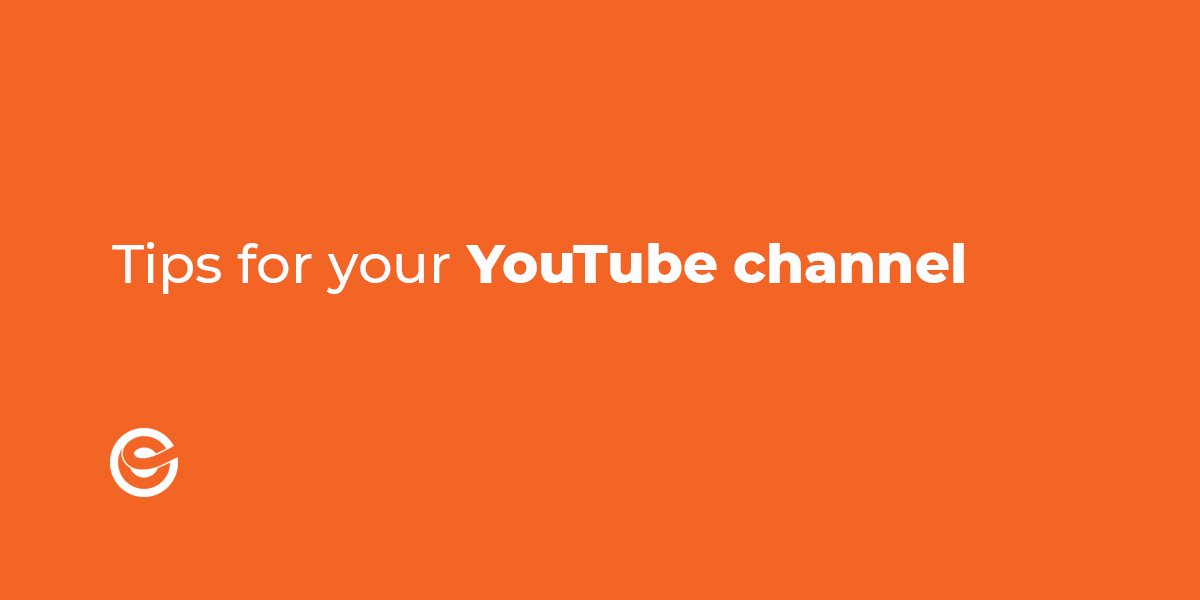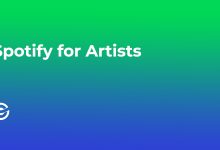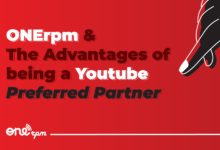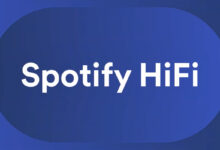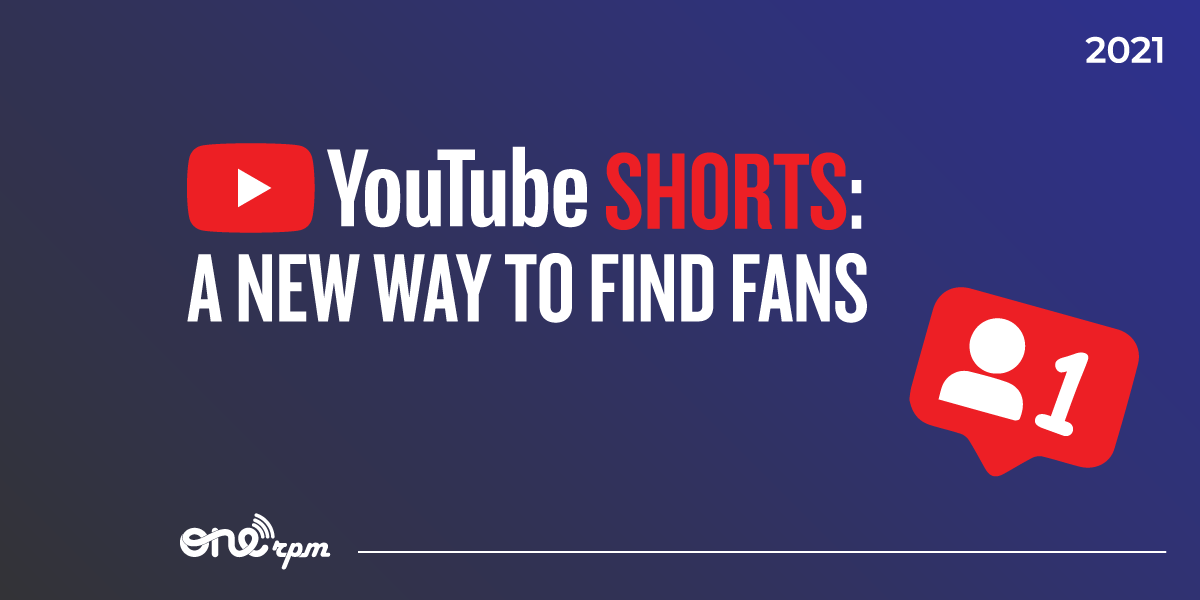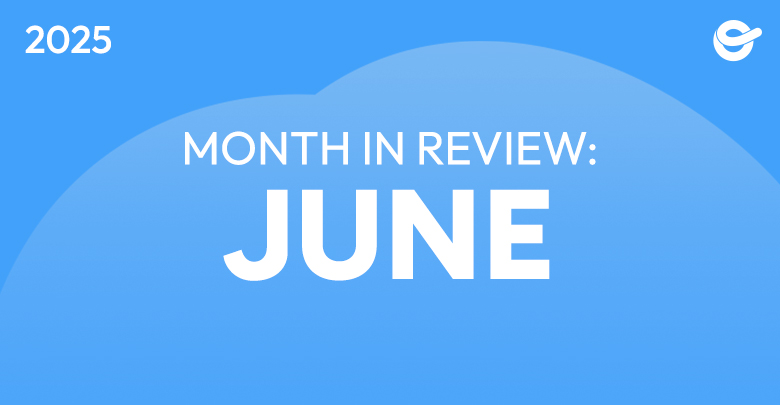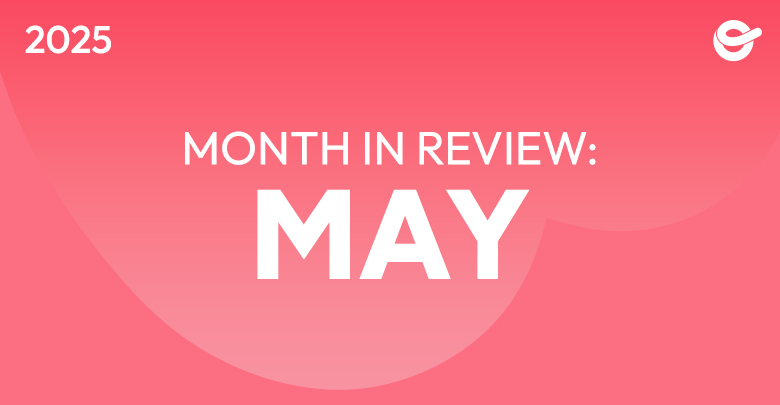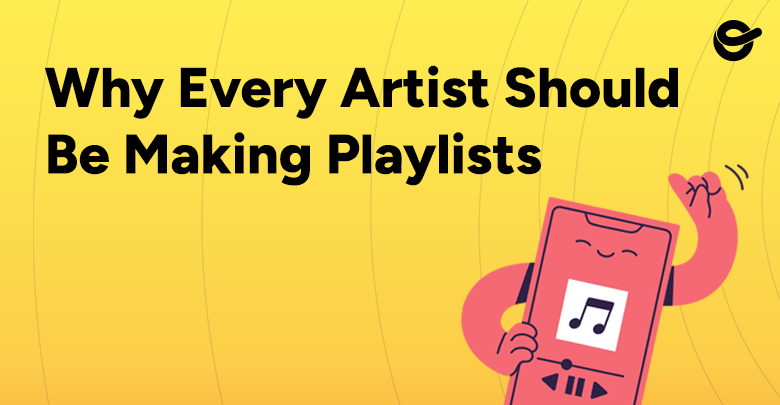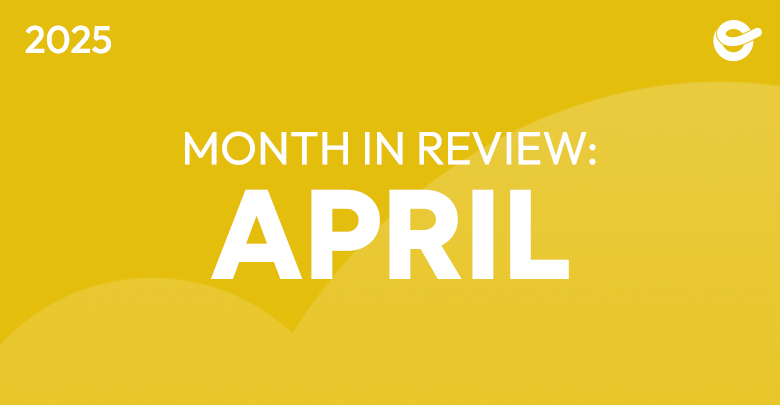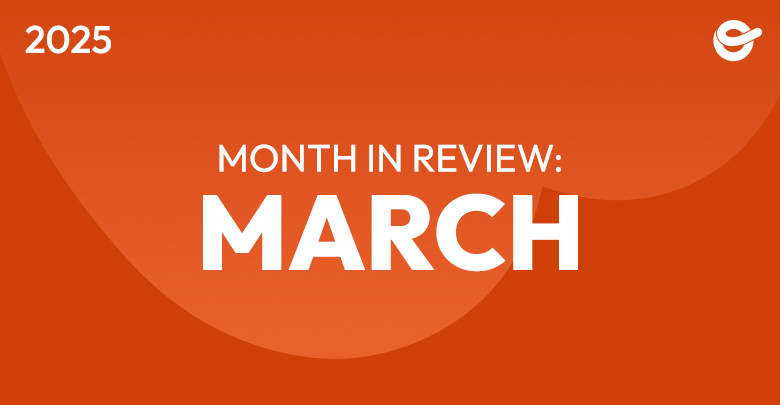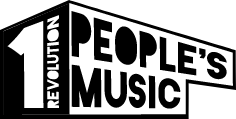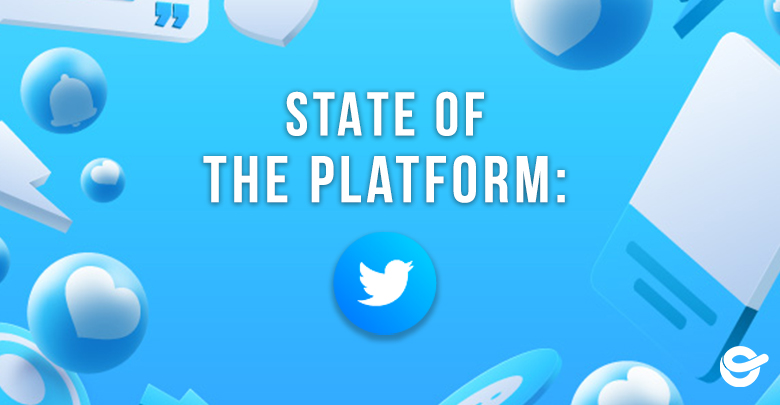
State of the Platform: Twitter
Is Twitter Still Relevant in the Music Industry?
Anyone with a pulse knows Twitter had a spicy Q4 2022. Between their new owner, massive UX overhauls, and company-wide layoffs, the company went through the wringer at the year’s close. So, should you focus on Twitter in your marketing plan? Let’s take a look at this question and more in this week’s State of the Platform.
The short answer is – No! In truth, even before Twitter’s sale to Elon Musk, the platform was already struggling to effectively engage and activate the music space. Following the sale, what little infrastructure Twitter had to support music disappeared entirely. This, on top of the fact that there is no effective way to monetize the app, makes the platform a barren landscape for musicians.
Moreover, from a data perspective, they’re just about the worst platform out there. They’ve been operating under a consent decree with the FTC since 2011 that some folks have observed they may be violating, meaning they may not be safeguarding user data on their end. They’ve also been subject to multiple hacks this year, putting users at risk in more restrictive countries where autocrats seek to crack down on organizing and agitating (not exactly a free speech paradise). More recently, users have discovered that Twitter Circles no longer works, and content that they thought was shared privately is actually completely public, putting the company at risk of untold GDPR violations. They also might be facing as much as $30 Billion in liabilities for failing to enforce hate-speech regulations in Germany. In short – it’s a dangerous place for users, and it’s being operated on the day-to-day whims of its CEO.
Before The Buyout
While many users started to jump ship after Twitter’s sale to Elon Musk, the platform was already struggling to appeal to artists. At the root of this problem is Twitter’s original business model: a social media platform for short-form written content. Over the years, countless attempts were made to break this mold and better appeal to musicians, but nothing has ever seemed to stick.
 Twitter Spaces is a classic example. A crude copy/paste of the app Clubhouse, Twitter Spaces could have offered musicians a live performance space on-platform. Seems like an easy layup, right? Unfortunately, Twitter Spaces offers no improvements to similar, more familiar platforms like Instagram Live. As such, Twitter Spaces is probably the last place an artist would interact with fans, behind Instagram Live, YouTube, Twitch, Discord, and more.
Twitter Spaces is a classic example. A crude copy/paste of the app Clubhouse, Twitter Spaces could have offered musicians a live performance space on-platform. Seems like an easy layup, right? Unfortunately, Twitter Spaces offers no improvements to similar, more familiar platforms like Instagram Live. As such, Twitter Spaces is probably the last place an artist would interact with fans, behind Instagram Live, YouTube, Twitch, Discord, and more.
Monetization
Beyond the massive limitations artists have always had when using Twitter, they’ve also been left with no way to monetize their music. In the past 5 years, we’ve seen countless initiatives by other companies to help artists earn and pay music rights shareholders. Meta’s Licensed Music Library features a revenue-sharing model and sophisticated copyright and content management systems. YouTube is breaking new ground in letting artists work directly with streamers and brands that love their music. Meanwhile, Twitter has rolled out (and then un-rolled out, and then rolled back out again) Twitter Blue.
There were brief rumors in November of 2022 of a “Paywalled Video” feature that would allow creators to charge for access to content on Twitter, in the vein of sites like OnlyFans. Of course, given that Twitter had already gutted its content moderation team and its lack of content ID technology, “risks related to copyrighted content, creator/user trust issues, and legal compliance” caused the concept to die on the vine.
The Buy Out
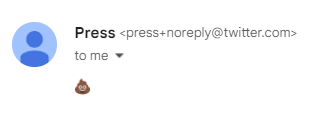
All this brings us to the major headlines: “Elon Buys Twitter,” “Elon Fires 80% of Twitter’s Staff,” “Elon Starting Fights With Twitter’s Biggest Users”, Elon Restricts Account Discovery On For You Page To Paying Users, Elon Is Boosting Certain Accounts, and Elon Is Going To War With Substack or Elon Is Going To War With NPR & BBC — none of which really inspire the sort of “free speech absolutism” he was preaching when he bought the company.
The cliffnotes version is that Elon has fired everyone at Twitter that worked closely with the music industry. This has left the vast majority of companies without a representative or a path forward with the app. Plus, he already seems ready to sell. If you’ve got your hands on a few billion dollars it might be a great fixer-upper.
Marketing On Twitter & Alternatives
Let’s make one thing clear: we’re never going to tell an artist not to create content. If you’re big on Twitter, and you’ve found a way to convert your followers into fans, then more power to you. But we would highly recommend you also pay due attention to the other players. Instagram, Facebook, YouTube, and TikTok (along with Snapchat, Twitch, Discord, and anywhere else you might have fans!) should all have a place in your marketing plans because they all offer musicians engagement, monetization, and support. The same can’t be said for Twitter.
If you’re thinking about expanding your social media reach to Twitter, you might want to reconsider. Other platforms like Reddit and Tumblr are better options for expressing yourself creatively and building community. Not to mention the seemingly neverending Twitter knock-offs out there. Due to Twitter’s limitations as a mostly text-based platform, the majority of your followers are probably core fans. For this reason, Discord might provide an even more engaging way to interact with those users. For other ideas on engaging your fanbase, our blog post on Social Media and Data Collection should be of interest.
Looking for more? Check out all of the latest from the ONErpm blog here!


